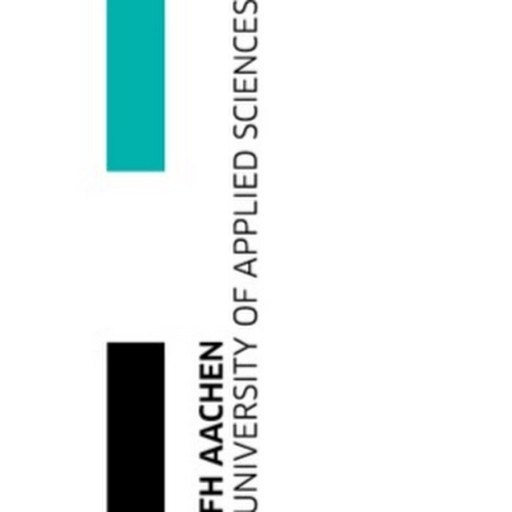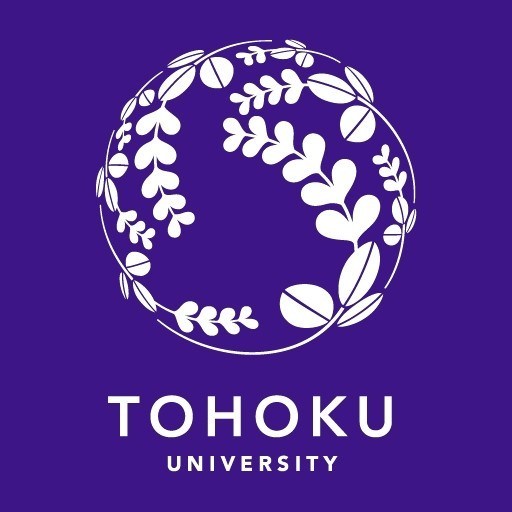Photos of university
The German-French Chemistry program at Saarland University offers a unique bilingual and bicultural educational experience, combining rigorous scientific training with the opportunity to engage deeply with both German and French linguistic and cultural contexts. This multidisciplinary program is designed for students who are passionate about chemistry and interested in developing a comprehensive understanding of chemical sciences while gaining proficiency in both German and French languages. Throughout the course of the program, students will undertake a balanced curriculum that integrates theoretical foundations, practical laboratory work, and interdisciplinary projects, all within an international environment. The program emphasizes innovative research methods, sustainability in chemical processes, and the development of skills essential for careers in academia, industry, and research institutions. Participants benefit from exchanges and collaborative projects with partner universities and research institutes across Germany and France, fostering a truly European perspective on scientific challenges and solutions. The curriculum includes core courses in organic, inorganic, physical, and analytical chemistry, complemented by courses in materials science, environmental chemistry, and chemical engineering principles. Students will also have the opportunity to participate in seminars, workshops, and internships designed to enhance their practical skills and professional network. Additionally, the program supports language proficiency in technical and scientific German and French, preparing students to work effectively in multilingual, international environments. Graduates of the German-French Chemistry program will emerge well-equipped with advanced scientific knowledge, intercultural competence, and versatile communication skills, making them competitive candidates in the global job market. The program aligns with the European Higher Education Area standards, ensuring high-quality education and international recognition. Overall, this program provides an exceptional platform for aspiring chemists to develop their scientific expertise, language skills, and intercultural understanding in a dynamic, collaborative setting.
Educational organisation
Students of the programme spend the first two years in Saarbrücken and the third year in Strasbourg or Rennes.Study abroad unit(s)
Students of the programme spend the first two years in Saarbrücken and the third year in Strasbourg or Rennes.Forms of assessment
Exams, lab courses, industrial placementCourse objectives
The course aims to:- provide students with a fundamental understanding of the main fields of chemistry
- prepare students for constitutive Master's programmes
- provide students with the skills needed to work internationally in an academic or industrial environment









